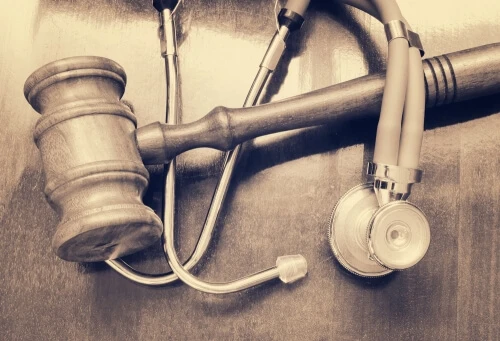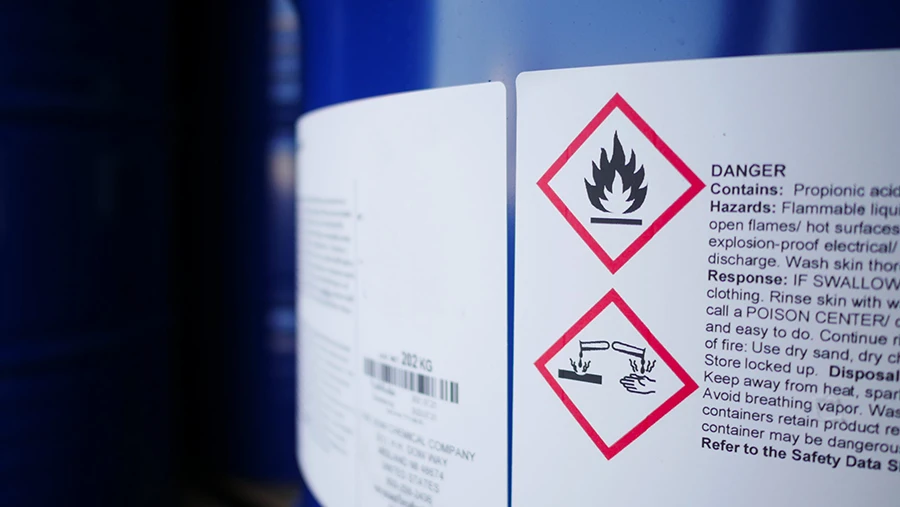Innovations in technology have contributed greatly to the development of life-saving medical devices. Not all of these devices are worthy of such praise, however, and it is important for consumers to understand how the Food and Drug Administration (FDA) regulates medical devices. We often hear of lawsuits against the corporations that bring such devices into the market, horror stories of birth control devices that necessitate hysterectomies or have devastating side effects, metal hips that fail, and lethal bloodstream filters that fracture, so what standards does the FDA hold these devices to?
The goal of the FDA is to try to find the balance between protecting the public’s well-being without stifling medical advancement that may potentially change or save the lives of others. This often means allowing devices to blitz through the fast-tracked path into U.S. markets, known as the 510(k). Through this, companies need only prove that their new device is substantially equivalent to another device that is already legally marketed to consumers.
According to The Wall Street Journal, the number of medical devices recalled, but not necessarily pulled, from the market nearly doubled in the decade through 2012. Unfortunately, in an effort to allow more medical devices to enter the market unhindered by stiff regulations, too many unsafe devices went through, many of which were never required to demonstrate safety or effectiveness.
For example, the Medtronic defibrillator wire only endured stress testing rather than clinical trials. As such, 268,000 patients suffered from exposure to a wire that caused many deaths. While devices encounter few hurdles on their path into the market, removing them is a different story. In fact, it often requires a significant risk of death, before a device is completely pulled or accompanied with a severe warning.
At The Simon Law Firm, P.C., we stand up for injured patients across the nation. Manufacturers of medical devices have a duty to their consumers and that is to ensure that their products are safe when used as designed. Our St. Louis-based team has decades of experience in handling complex product liability and medical malpractice cases. Call us for a free consultation today at 314-241-2929.



